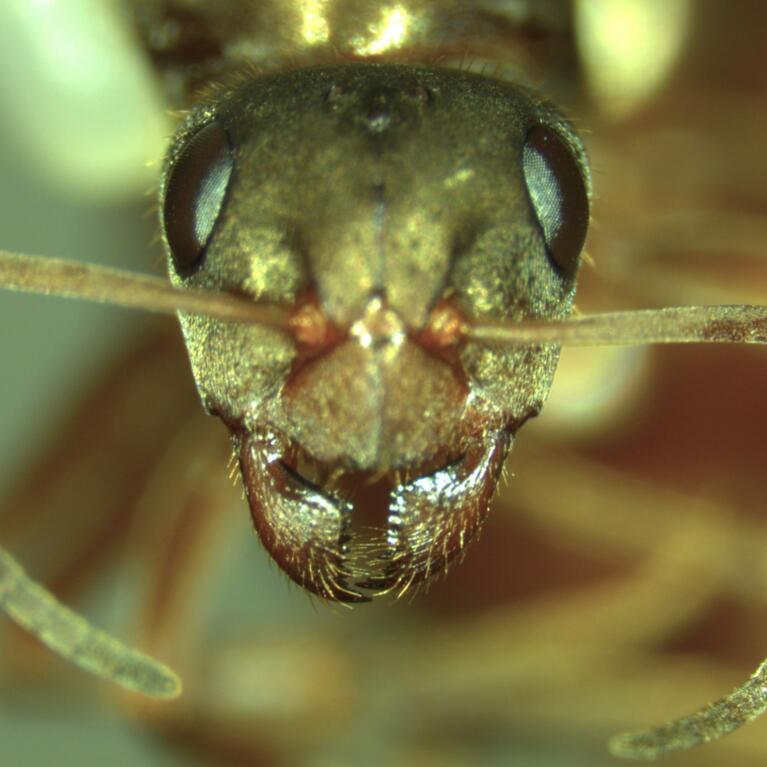
Researchers Solve the Mystery of Tiny Ant Queens
Researchers at UC Riverside discovered how supergenes control the origin and duplication of petite ant queens.
By Stacy Kish |
| Science / Technology

Researchers at UC Riverside discovered how supergenes control the origin and duplication of petite ant queens.